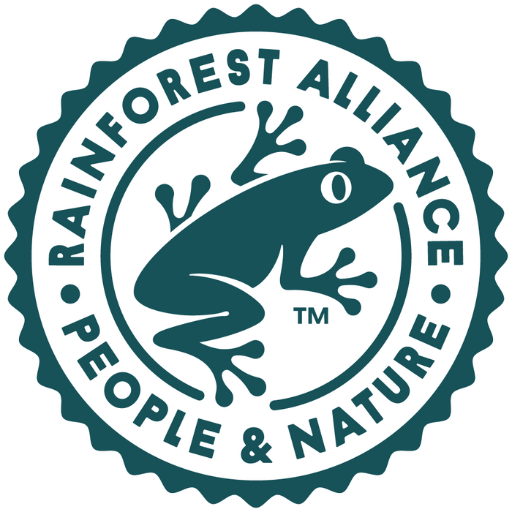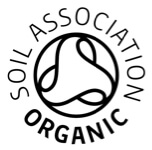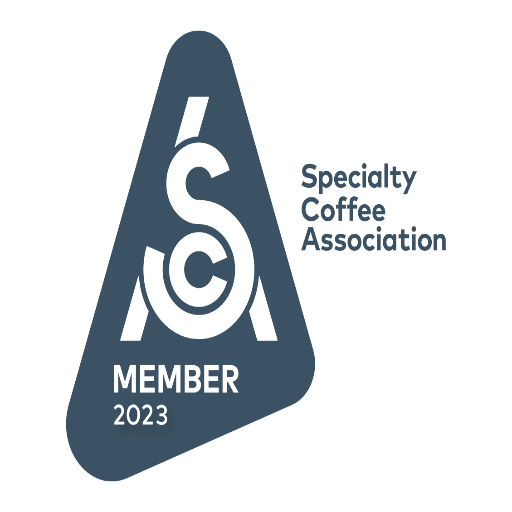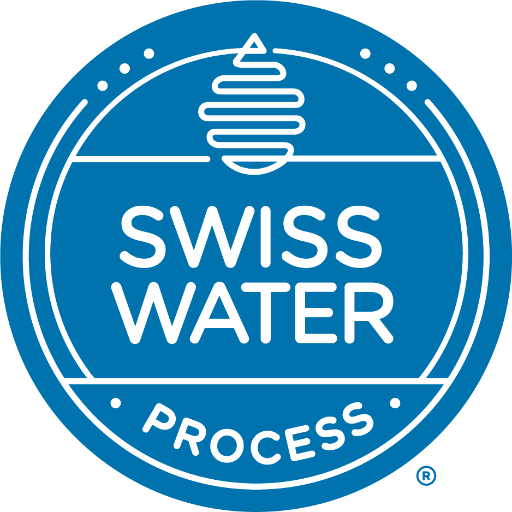The last few years have been and continue to be, very challenging and mental health has been highlighted many times in many ways. We have had the pleasure of hearing Celynn Morin present her WELLculator and her idea of being your own CEO (Chief Energy Officer) at the DRaWay day and found them to be very inspiring and helpful. We have been working with her since, and thought it would be beneficial to have her write this article to help us all in our personal and professional lives, and to feel better and more accomplished at dealing with the stresses that life throws our way.
Celynn is a qualified dietician, author of two books and workplace wellbeing consultant. She has a practical and playful approach to helping teams enrich the quality of their lives by helping them connect their mind, heart, body and spirit in a way that supports their wellness.
She is an accredited HeartMath coach and Embodiment facilitator. Celynn has received a professional speaking fellowship and has a unique style that includes a joie de vivre rooted in curiosity and celebration.
 Celynn Morin
Celynn Morin
Well, well, well. What do we have here?
What we have is knowledge in our heads, but not much action in our feet. Common knowledge is not common practice.
You’re bright, you’re a business leader, an entrepreneur, a go-getter. You know stuff. And you do stuff. However, if that stuff is conceptualizing the next big commercial or crunching numbers into a particular calculator, I’m here to tell you that there is another calculator that isn’t just about figures (well, it’s about far more than just that), it’s about being well, well, well…More to follow on that. Please hold.
Despite the heights you have reached in your career, you can soar in a different way and even take your colleagues with you. I recently worked with DRWakefield to develop their understanding of what wellbeing truly means. If being well was easy we’d all be healthier, happier and fitter. But we’re not. It is important that we remind ourselves of what we know, but more importantly, we need to keep on doing it. We can’t have knowledge in our head and be well. We must grab that knowledge like we do a loved one, and then not put pen to paper but rather put it into practice.
 DRaWay Day
DRaWay Day
You understand that all too well. You can craft a fabulous marketing plan on paper, but without actioning it, it’s just a skinny (paper thin?) piece of paper with ink on it that has potentially wasted ideas (and a tree – poor thing).
If we allow ourselves to feel good about something, we can change our behaviours with relative ease. This is based on neuroscience findings that show that we change most when we feel good, not bad. These changes must be practical and fit into your lifestyle because that’s just how we are wired. The easier it is, the more chance we have of sticking with it. And consistency trumps intensity. The more you do something, and more you like doing it, the more you want to do. We become what we repeatedly do, and what we do creates our identity.
The wellbeing programme I delivered for the DRWakefield team started with a half day immersive masterclass and then over a 3-month period every 2 weeks, I did a 1-hour virtual presentation on topics related to the Wellculator. These included discussions (and actions, of course) around sleep, strategic rest, mindfulness, energy management, optimizing the gut and so forth. The results were inspiring. The team felt very engaged in the process, cared for and prepared for the chilly, greyer winter months. They also said that they felt more united as a team, that they had a common wellness language – they ‘got’ each other better, which boosted company morale.
Thank you for holding, by the way. I am now going to share the Wellculator ins and outs with you.
Using the Wellculator™ is always the first step i take my clients through. It’s super quick, very easy to complete. And it tells you exactly what you need to do next. It’s backed by years of research and practical application by thousands.
Keen to try it out yourself? It will take you just 5 minutes to complete but could open up a lifetime of “health-happiness” for you.
For each step in the assessment, if you do the activity it asks you about at least 80% of the time then answer YES. Each YES is 1 point. If NO then no point. Allocate half points, as necessary, as some of the questions are double barrelled. Add up your points for a score out of 10. Do not over think it, go with your intuition.

DO YOU …
1 Strategically refuel for sustained energy
This involves managing your energy levels through good blood glucose control and know what your body needs in terms of nutrients.
2 Eat like an artist and support good gut health
Eat more than 5 servings of fresh produce per day (1 serving = 1 fistful) and 30 different plant based foods per week.
3 Practice mindful living and eating
Take at least fifteen minutes to enjoy meals mindfully and manage your calories to maintain a healthy weight. Allocate half points as needed.
4 Hydrate adequately and rethink your drinks
Drink 1 x 250ml glass of water for every 10kgs you weigh. Do you also restrict alcohol to none or 4 units per week.
5 Know your health numbers and do not smoke
Keep track your blood pressure, blood glucose and cholesterol annually. Are you a non-smoker. Allocate half points as needed.
6 Cultivate adequate selfcare, intentional rest and sleep
Know how to wake up rested, through adequate sleep and strategic recharging.
7 Cultivate positive mindset through gratitude or celebration
Cultivate positive mindset through daily practices such as gratitude, mindfulness, meditation, prayer, solitude, journaling and/or heart coherence.
8 Activate and move during the work day
Do not sit and work for extended periods. Move for a few minutes every hour, be aware of your posture, movement and breathing and how it impacts your state.
9 Be intentional and intuitive with your exercise routine
Do intentional 30-minutes of exercise on most days. Does your exercise regime include cardio, weight bearing activities and stretching for flexibility.
10 Notice your stress response and be able to regulate it
Be aware of when your body is triggered by physical, emotional or mental stress and practice deep breathing and other self-regulating techniques.
When you look at the questions, you’ll realise good health and wellbeing is common sense.
But common sense isn’t always common practice.
Add up your points to get a score out of ten. Now you’ve been through your Wellculator™ Assessment, let me explain what your score means. Your score will fall in the range 0-10. It doesn’t matter what your total score is. The important result is it identifies areas you could probably improve on.
The key here is not to try and change everything at once, but to make small changes to your behaviour. The key is small. Super tiny in fact. Because behaviour science shows that we are more likely to repeat something when it is easy and obvious to do. And the more we repeat it the better we feel and the more likely it will become a new habit with more ease.
Another way to approach new tiny habits is to be aware of the language you use.
Instead of saying: ‘I have to exercise’ or ‘I have to cook’ or ‘I have to meditate’
Say this:
I GET to exercise these legs that allow me to walk and these arms that allow me to hug
I GET to cook a scrumptious, fragrant, crunchy dinner
I GET to spend these precious moments meditating in this golden silence
The unfortunate reality is that wellbeing is not a fighter. It doesn’t come knocking on your door – illness does. That is when you realise that wellbeing is the one worth fighting for. It doesn’t take anything from you, on the contrary it keeps giving – exponentially.
If you found this useful, head to Celynn’s website here.










